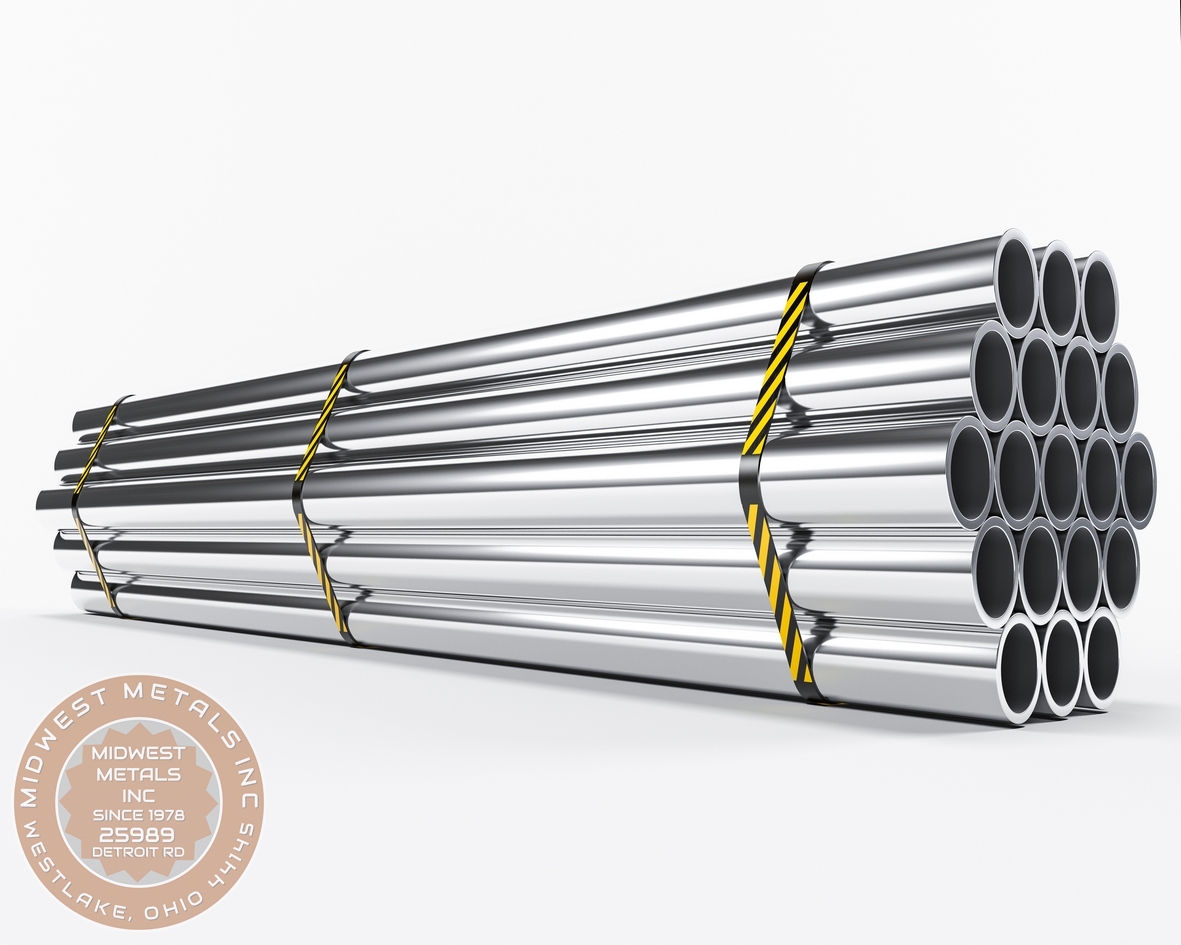Key Properties and Uses
Strengthening Steel:
Niobium significantly enhances the toughness, durability, and weldability of HSLA steels, making it essential in the automotive, construction, and oil & gas industries.
Superconductivity:
As a superconductor when alloyed with other metals like titanium and tin, niobium forms powerful magnets for advanced medical equipment (MRI, NMR), particle accelerators (such as at CERN), and scientific research.
Aerospace & Defense:
Its excellent heat resistance and high melting point make it suitable for turbine blades in jet engines, rocket nozzles, and components for hypersonic applications.
Batteries:
Niobium is a key material for improving fast-charging capabilities, energy density, and safety in advanced and next-generation batteries, particularly for electric vehicles.
Superalloys:
It is used in nickel and nickel-iron superalloys for their strength and heat resistance in applications such as gas turbines.
Optics:
Niobium oxide is used in the manufacturing of high-refractive-index optical glasses for corrective lenses and camera lenses.
Biomedical Applications:
Due to its biocompatibility, pure niobium is used for medical implants and prosthetics.
Market and Production
Dominant Producer:
Brazil is the world's leading producer of niobium, with Canada also being a significant secondary source.
Forms:
The primary traded forms are ferroniobium (an iron-niobium alloy) and pure niobium metal.
Emerging Demand:
Growing demand is driven by the increasing use of advanced materials in electric vehicles and sustainable energy solutions.
